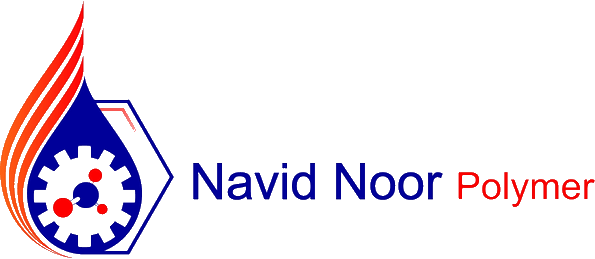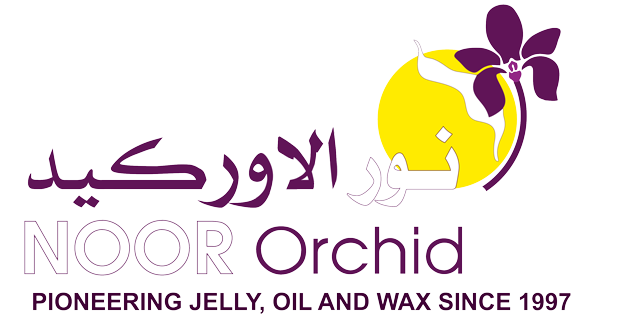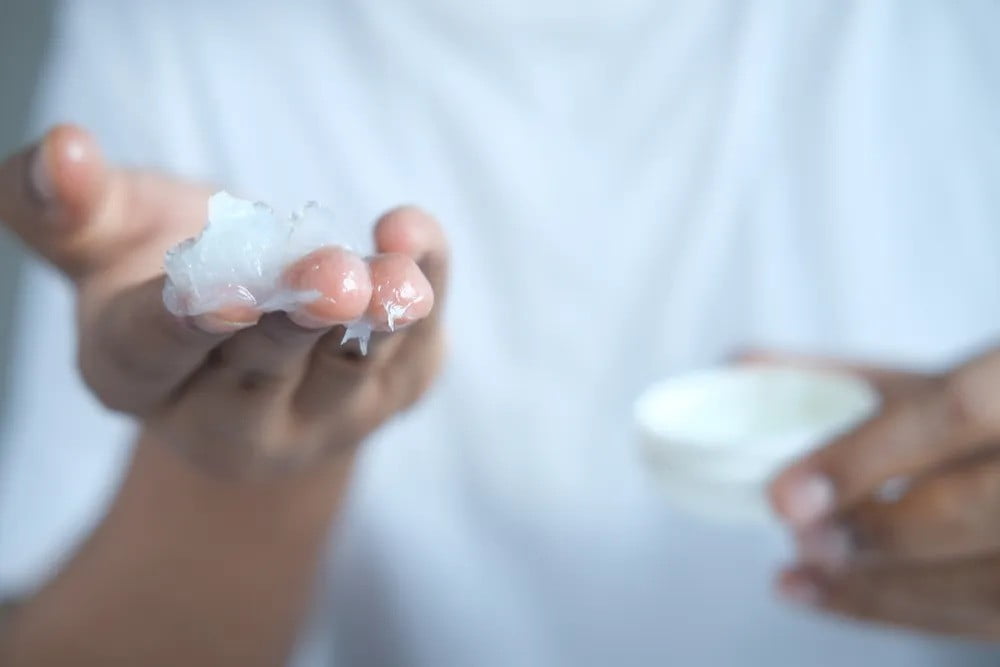The use of petroleum jelly in coating applications
Overview:
The use of petroleum jelly has become a prominent factor in the field of coatings, demonstrating its adaptable effectiveness across many industrial domains. This article examines the many functions and advantages linked to the use of petroleum jelly in coating compositions, providing insight into its crucial contribution to enhancing the performance and longevity of coatings.
Protection against corrosion and inhibition of rust:
Petroleum jelly is well acknowledged for its remarkable ability to suppress corrosion, making it a very effective protective barrier against the harmful consequences of rust and corrosion. The proficiency of this substance in creating a defensive shield on metallic surfaces, including both ferrous and non-ferrous materials, makes it very beneficial in the development of coating compositions intended for industrial machinery, pipelines, and structural elements that are subjected to severe environmental circumstances.
Hydrophobicity and resistance to moisture:
Petroleum jelly’s hydrophobic properties make it suitable for effective waterproofing solutions. When integrated into coating compositions, it functions as a resilient moisture barrier, effectively inhibiting the infiltration of water and protecting surfaces from deterioration. In several applications, such as outdoor buildings, maritime equipment, and automotive components, this feature demonstrates notable advantages.
cosmetic soft paraffin producer
The augmentation of lubrication and the mitigation of friction:
Petroleum jelly serves as a very efficient lubricant in coating formulations, effectively mitigating friction and facilitating the smooth motion of mechanical components. This characteristic is used in the application of coatings for machinery, gears, and sliding components, hence enhancing operating efficiency and extending the lifespan of these components.
industrial petroleum jelly supplier
The thermal stability and insulation of a system.
The excellent thermal stability of petroleum jelly makes it a favored option for coatings designed for high-temperature situations. The insulating capabilities of this material are beneficial in many applications, such as industrial pipelines and electrical components. They effectively reduce heat transfer, safeguard surfaces against thermal stress, and contribute to the durability of coated structures.
Enhancing Adhesion:
Petroleum jelly functions as a dependable adhesive agent, facilitating the improvement of the binding between coatings and substrates. This aspect has significant importance in situations where the adherence to coatings is of utmost importance, such as in the context of automobile finishes, industrial paints, and protective coatings applied to diverse surfaces.
The integration of versatile formulations.
The compatibility of petroleum jelly with a wide range of coating components enables its smooth incorporation into various formulations. The ability to adapt coatings to unique needs enables manufacturers to create innovative coatings for many purposes, ranging from automobile coatings to industrial protective layers.
pharmaceutical petrolatum manufacturer
In conclusion:
In brief, the integration of petroleum jelly into coating compositions surpasses traditional limitations, demonstrating its pivotal function in strengthening surfaces against corrosion, augmenting waterproofing properties, reducing friction, and offering thermal insulation. The ongoing pursuit of new solutions for surface protection and performance optimization by industries highlights the lasting attractiveness of petroleum jelly in coatings, emphasizing its fundamental position in the constantly changing field of industrial applications.

This is Kamran Malekian working in the petroleum jelly manufacturing industry for Navid Noor Company since 2013 I am eager to make content in this industry and have a good impact on professional users and people using cosmetic and pharmaceutical products.










No comment